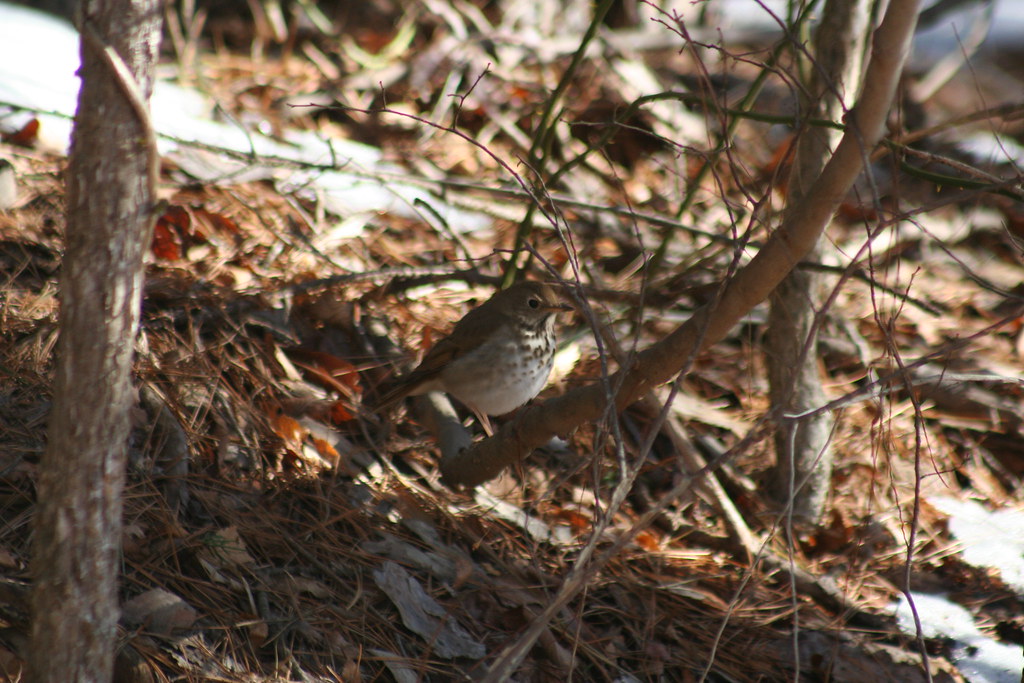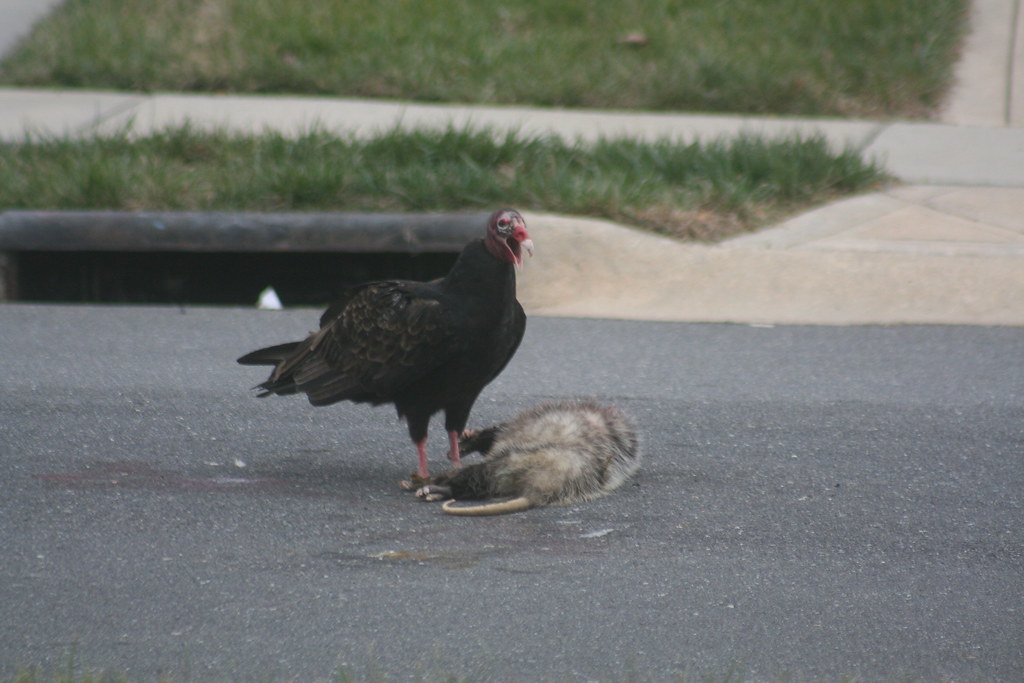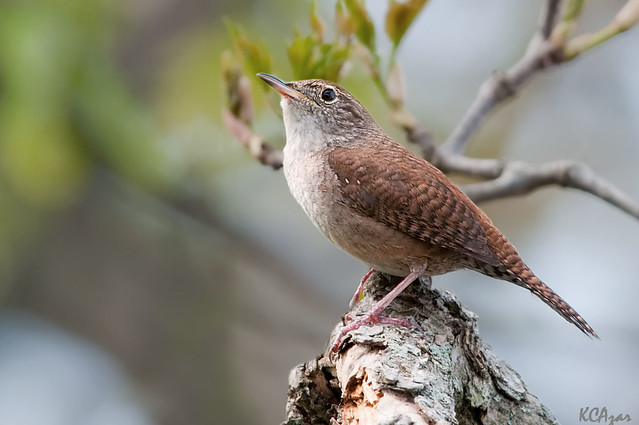Let's start with some really easy ones.
Blue-winged Warbler (Vermivora cyanoptera)
For starters, Vermivora is easy to guess. When you hear 'vermi', you might thing of vermin (in this case, caterpillars and insects). 'Vora' means eat, as in carnivore, insectivore, and so on. So the Blue-winged and its close relative the handsome Golden-winged are both vermin-eaters. Nice to know!
The species name is cyanoptera. 'Cyano' is cyan, blue, cerulean, and so one. 'Ptera' means wing (think of pterodactyl, which means 'wing finger'). So it's blue-winged vermin-eater. Not bad! (The Golden-winged's name is similar- chrysoptera. Chryso is gold in Greek.)
Now, here's the next word: catharsis.
According to Google, this is the definition: "the process of releasing, and thereby providing relief from, strong or repressed emotions; purgation"
This word is pretty interesting. I found it in two names!
If you're familiar with thrushes and eBird checklists, you'll notice 'Catharus'. Catharus is a genus of thrushes, including Swainson's, Hermit, Gray-cheeked, and Veery. All of these have beautifully haunting songs.
 |
| Hermit Thrush |
I'd assume they went all poetic and decided that these songs were the birds purging themselves of their strong emotions. It's nice, though. At least they aren't stuck in a genus like Turdus.
The second catharsis-related one is about a very common bird with a cool story- the Turkey Vulture.
 |
| Releasing a soul into the afterlife with a tremendous bellow! |
Onto some even more familiar birds!
I'll focus on to wrens- the House and the Winter Wren. Both are in the same genus, Troglodytes. This means 'hermit' or 'cave dweller', which describes the rather skulky , well-camouflaged wrens well. The House Wren's species name is aedon. Looking it up, it seems to refer to some Greek mythology. A lady named Aedon was turned into a nightingale, which I assume the House Wren reminds the Old World scientists of in either looks or song.
The Winter Wren isn't as interesting. Its species name is hiemalis. It means 'winter'. So we have ourselves a little winter hermit!
I hope this was interesting to somebody and I didn't spend half an hour typing it all up. I might have a part 2 since there's a lot of scientific names out there, we'll have to see! In the meantime, boast to your friends you just saw your first-of-season Winter Hermit and that you got amazing looks of the Blue-winged Vermin-eater!

No comments:
Post a Comment